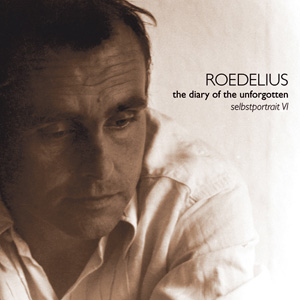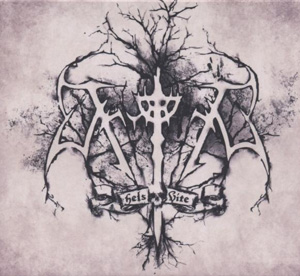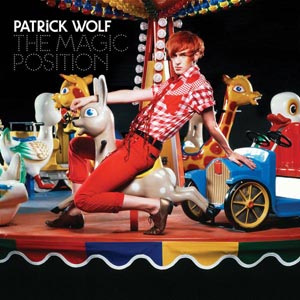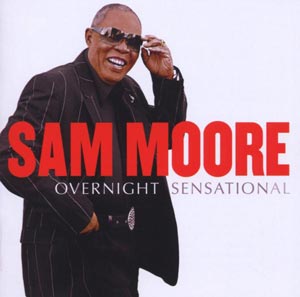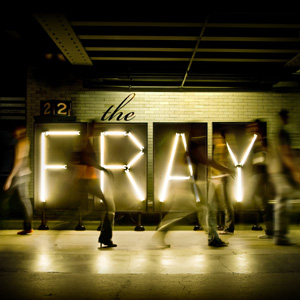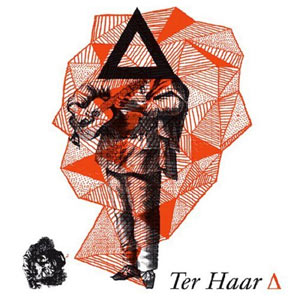| CD-DETAILS THE DIARY OF THE UNFORGOTTEN (SELBSTPORTRAIT VI) [ROEDELIUS] | |||||||
|
RoedeliusThe Diary of the Unforgotten (Selbstportrait VI) [Deutsch RockPop]RELEASE: 23.04.2010LABEL: Bureau BVERTRIEB: IndigoWEBSITE: www.roedelius.com
Zwischen 1972 und 1978 bewohnte Hans-Joachium Roedelius gemeinsam mit Dieter Moebius und (später) Michael Rother ein altes Gut in dem idyllischen Örtchen Forst im Weserbergland. Dort entstanden die Harmonia-Alben, dort entstanden die legendären Aufnahmen mit Brian Eno ("After The Heat"), und dort entstanden diverse großartige Cluster-Alben. Das Haus, aber auch die Landschaft übten vor allem auf Roedelius eine starke magische Anziehung aus. Die Jahre dort waren in allen Belangen sehr intensiv. Seine Gefühle, seine Eindrücke verarbeitete er dann immer in seiner eigenen Musik. Daraus entstand die „Selbstportrait“-Reihe. Sein sechstes Selbsportrait trägt den Titel "The Diary Of The Unforgotten" und macht auf eindrucksvolle Weise hörbar, wie es um Roedelius’ Seelenleben bestellt war zu jener Zeit.
English Between the years of 1972 and 1978, Hans-Joachium Roedelius and Dieter Moebius, later joined by Michael Rother, lived out on a country estate in the idyllic, diminutive settlement of Forst in the Weser Uplands. It was here that the Harmonia albums, legendary recordings with Brian Eno ("After The Heat") and various splendid Cluster albums were created. Both the house itself and the surrounding landscape held a magical fascination for Roedelius. The time he spent here was intense in every sense of the word. He translated his feelings and impressions into music, giving rise to the “self-portrait” series. His sixth self-portrait bears the title The Diary of the Unforgotten and offers a compelling aural record of the Roedelius psyche of the period. For Roedelius, Selbstportrait VI, in particular the 24 minutes of the Hommage à Forst centrepiece, were like messages in a bottle, cast into the water in 1990 and now ready to be discovered on the different shore of 2010. Every track on the album is a distant echo from the Forst era. “Even today,” Roedelius writes in the original liner notes (1990), “these pieces retain the spirit and atmosphere of those days in Forst, where I learned so much about life.” The windswept character of Selbstportrait VI is underlined by the sporadically lo-fi quality of the recordings: Roedelius just let the tape machine run, without overdubs. In the booklet, Roedelius casts his mind back again to the detailed creation of the tracks and their relevance to his later works: “At the end of the day’s sessions, I would sit in our small, makeshift ground floor studio almost every night. With the window open in summer, I could hear the ducks quacking on the river, the horses snorting and the cows mooing on the meadows across the water the wind rustling through the leaves of old elm and oak trees on the riverbank behind the house. This set the scene for my first self-portraits, as well as providing the basis for the subsequent studio productions Lustwandel, Jardin au Fou, Gift of the Moment, Momenti Felici, Fortress of Love, Frühling, Variey of Moods, Quando Adonde, and other albums which, in a way, could also be seen as self-portraits.” ESSENTIAL FACTS
Tracklisting
(Quelle: bureau b, 26.3.2010) FORMAT: CD
| |||||||
| Diese CD weiterempfehlen |

